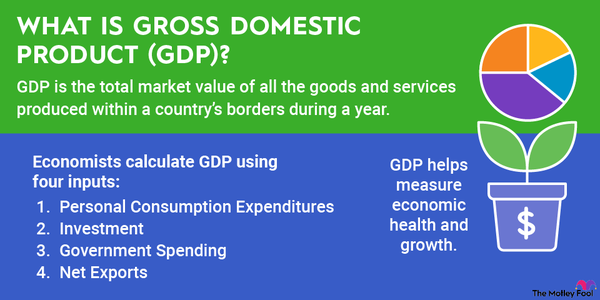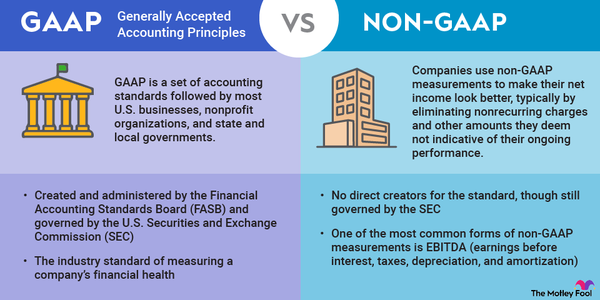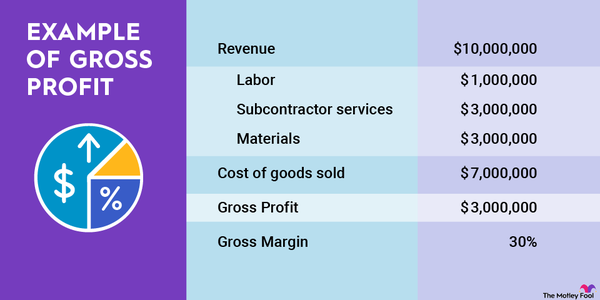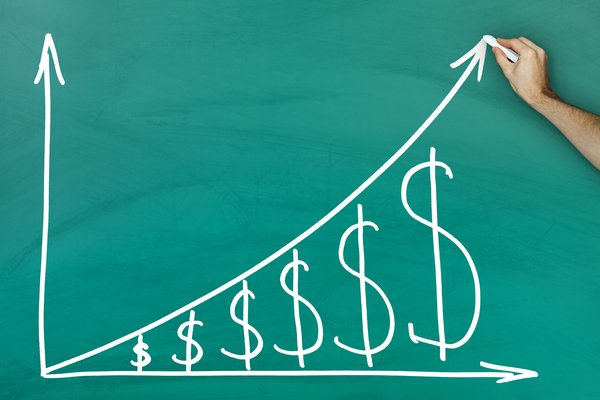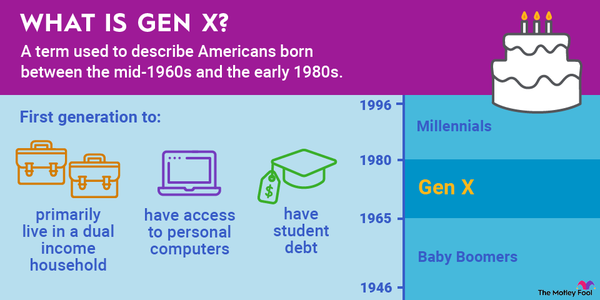Globalization has been around longer than you might think -- for example, how is it that Indian and Thai food can be so spicy when many of the spices used aren't usually found in southern Asia?
The answer stems from the Spanish and Portuguese empires of the 15th and 16th centuries, which developed a trading system between the Americas, Europe, and Asia. The "Colombian Exchange," as it's known, introduced the chili pepper to Asian markets (and our grateful taste buds). Today, globalization has grown to be a part of almost everything we touch and consume.
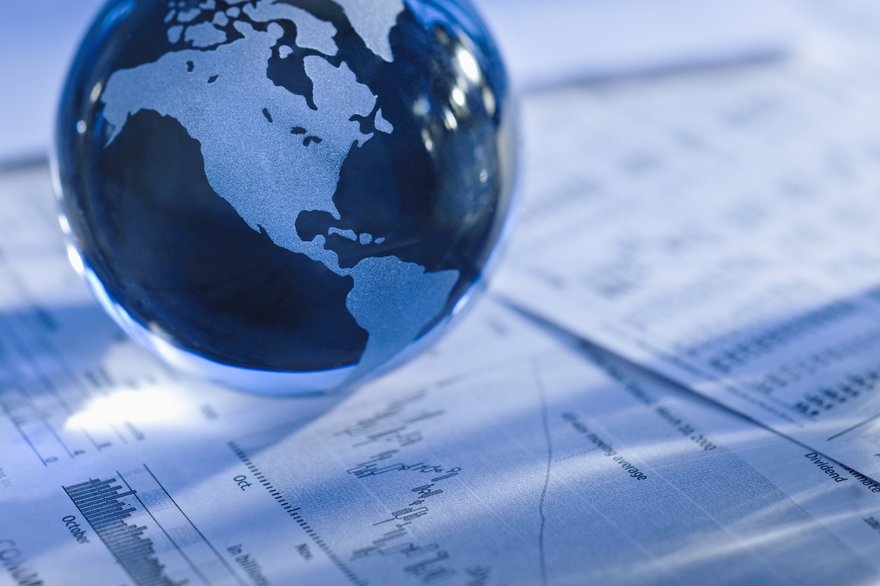
Overview
What is globalization?
Globalization is a multifaceted and complex process involving the integration of economies, societies, and cultures through the global network of trade, communication, and transportation. This process has profound implications for international commerce, politics, and cultural exchange, shaping the way we live and interact on a global scale, and has had a tremendous impact on the world.
Why it matters
Why globalization matters
Globalization has led to significant economic integration, allowing countries to specialize in producing goods and services where they have a comparative advantage.
One famous example of a country that specializes in a specific sector due to its comparative advantage is India, which excels in information technology (IT) and software services. India's comparative advantage in this sector is attributed to several factors, including its British colonial history, resulting in a population that speaks English, a large pool of skilled IT professionals, low-wage labor, and a solid educational infrastructure that produces a significant number of engineering graduates.
Innovations in communication and transportation have made it easier for ideas and cultures to spread, fostering a more interconnected global community. For a long time, U.S. companies controlled most of the internet until China began developing its own domestic industry. Due to advances in technology and communications, China has been able to create applications, such as TikTok, which has turned into a global phenomenon.
Challenges and controversies
Challenges and controversies around globalization
Globalization isn't without both its problems and naysayers. Some of the top critiques of globalization are the following:
1. Globalization's effect on wages and labor
Was the North American Free Trade Agreement (NAFTA) and the admission in 2001 of China to the World Trade Organization a good thing, or did they result in a decline of the Midwest's industrial base? Critics of globalization would argue that outsourcing labor and production to other countries comes at the expense of people who live in the countries where those companies are based. For example, the industrial Midwest used to be one of the most economically successful areas of the U.S. However, due to both automation and the effects of globalization, many jobs have shifted overseas, and the results have been devastating.
2. Does globalization have an adverse effect on critical components in times of need?
Much of today's globalized commerce has moved to a just-in-time (JIT) model, which was pioneered by Toyota in the 1980s. The JIT model means companies get materials only when they need them for production, which saves money on storage since companies don't keep inventory. The model, however, can cause problems if there's a supply chain delay. The most recent example occurred during the COVID-19 pandemic, when supply chains were disrupted, and companies had little inventory, including critical goods and components.
3. Does globalization hinder developing countries?
Is globalization good for developing countries, or is it just a way for rich countries to extract labor and resources? This is the prevailing question regarding two major theories of economic development. Dependency Theory stipulates that the developing world simply provides natural resources to the rich world and then buys goods for a higher price. Modernization Theory says that all free trade and ideas are essentially good. Globalization's role in economic development continues to be a hotly debated topic.
Related investing topics
Example
How globalization works in our lives
Let's use an example of a normal crankshaft in a car sold in Europe; its origin story and travel history might not be what you think. The steel might be produced in Japan and then shipped to Germany for manufacturing. Once the parts for the crankshaft have been produced, they might be shipped to Mexico for assembly, then to a U.S. factory for installation in a car with an eventual sale in Europe.
This specialization and integration boosts efficiency and productivity, leading to economic growth and increased trade, but it also means that economies are more interconnected, making them vulnerable to global shocks. It also results in cheaper products, which has been one of the main selling points for Americans.
